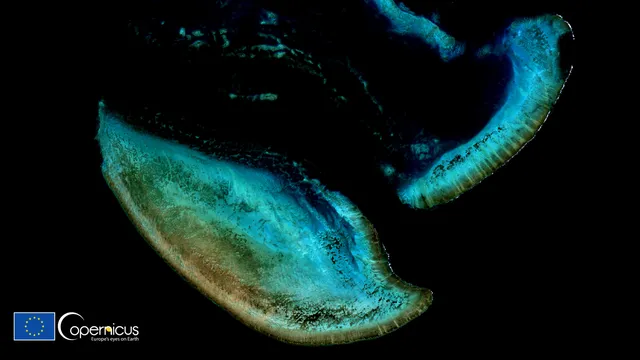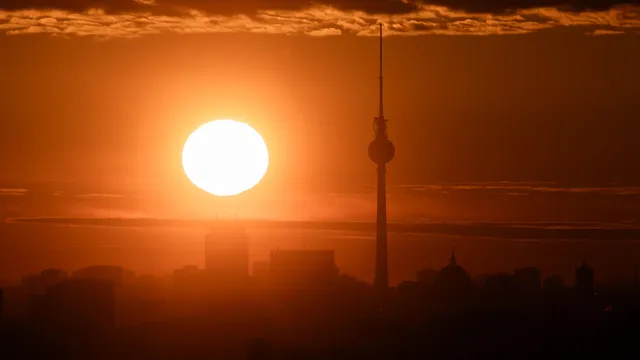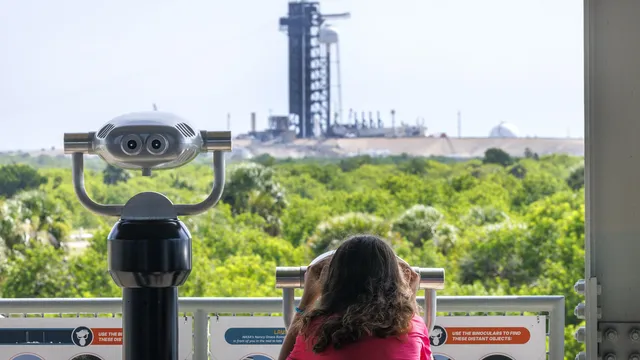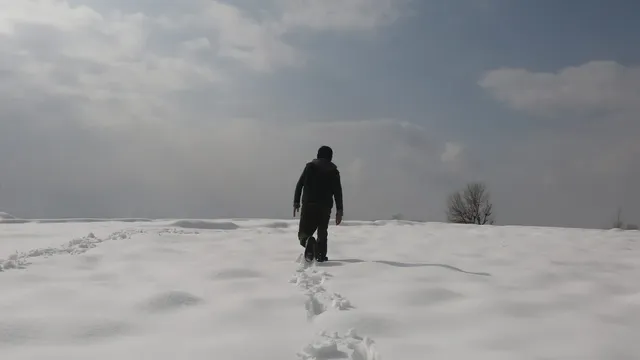Australia's famous Great Barrier Reef has been hit by the most extensive coral bleaching in history, with warnings that this natural wonder is in a critical state.
Scientists have documented the "most widespread" bleaching since observations began nearly 40 years ago, caused by extremely high ocean temperatures in 2024 that triggered "unprecedented levels of heat stress."
The Australian Institute of Marine Science surveyed the condition of 124 coral reefs between August 2024 and May 2025.
The northern and southern parts of the vast reef have suffered "the largest annual decline in coral cover" ever recorded, a government agency found.
The reefs have been devastated by tropical cyclones and invasions of starfish, which feed on coral.
But "the primary cause is climate change," said Mike Emsley, the institute's research director.
"There is no doubt about that," he told AFP.
Often called the largest living structure on Earth, the Great Barrier Reef is a 2,300-kilometer-long tropical coral reef that is home to a stunning biodiversity.
But repeated bleaching events threaten to strip the tourist attraction of its wonder, turning once vibrant coral reefs sickly white.
Unusually warm tropical waters caused widespread coral bleaching in the Great Barrier Reef in 2024 and during the first few months of 2025—the sixth such event in the last nine years.
"(The Great Barrier Reef) experienced unprecedented levels of heat stress, leading to the most widespread and severe bleaching ever recorded," the report said.
Over the past two years, mass global bleaching has drained the life from more than 80% of the world's coral reefs.
Bleaching occurs when water temperatures rise, forcing corals to expel the colorful microscopic algae known as zooxanthellae embedded in their tissues.
If high temperatures continue, the corals may eventually turn white and die.
Emmsley said that past coral growth will help mitigate the record losses and that the Great Barrier Reef is still an "incredible place." | BGNES

 Breaking news
Breaking news
 Europe
Europe
 Bulgaria
Bulgaria







